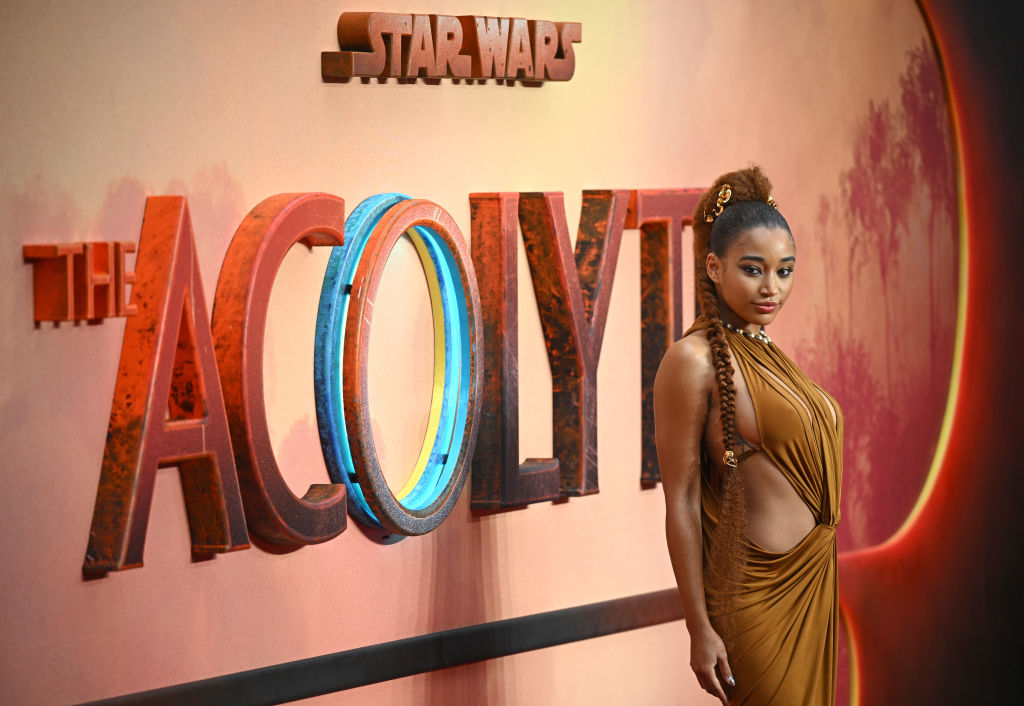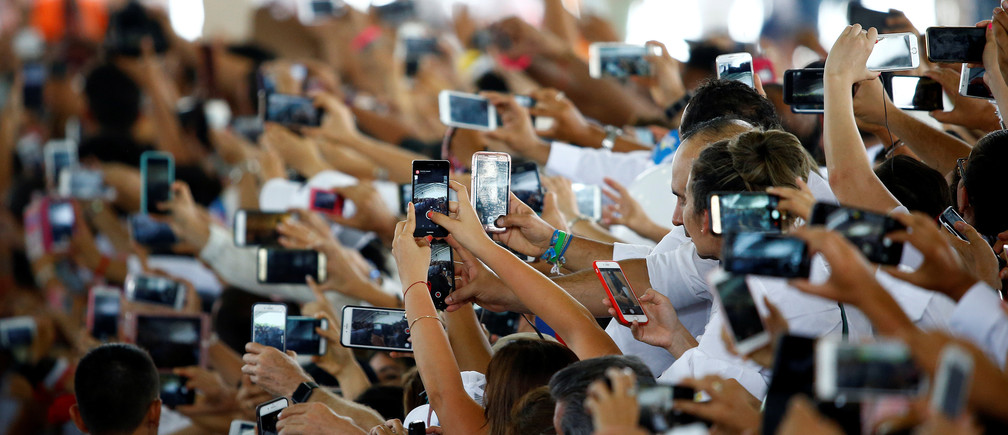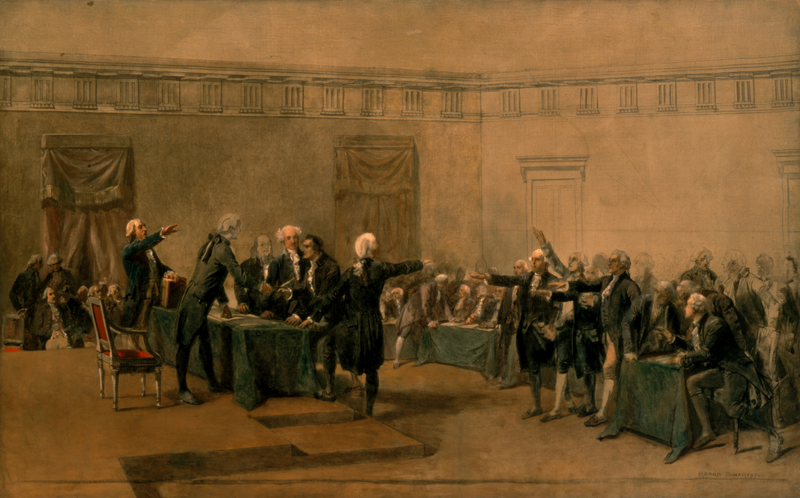Democracy and despotism in a digital age.
The Acolyte Election

Is a cultural renaissance in the works?
As much as this election was affected by voters’ concerns about the economy and their dissatisfaction with the past four years, the most decisive factor in Kamala Harris’s loss may well have been a massive cultural transformation currently happening in America. Despite their obsession with vibes, no one on the Harris team seemed to notice the actual vibe shift happening across the country. Briefly put, we are beginning to see a collective rejection of the fake in favor of the real.
It’s no great revelation that major TV and movie studios have been pumping out repetitive, overproduced, and unimaginative tripe for some time. But whereas big-budget schlock used to be accepted as mildly amusing by a public with few better options, TikTok and the smartphone have totally changed the game. As critic Ted Gioia pointed out in a recent essay, viewers are increasingly turning their attention from “official” sources of entertainment to homemade clips by amateur creators. There are obvious dangers in this, as Gioia points out. But there’s also opportunity: what’s driving people to choose the phone screen over the big screen is a newfound interest in the raw, the real, and the direct. Fake is out. Live is in.
This dynamic was at work in the election as well. Harris’s campaign was like the television series The Acolyte that streamed on Disney+ earlier this year. The show had an ambiguously ethnic but painfully dull actress playing the protagonist, an equally diverse and uninteresting surrounding cast, a big well-known franchise (Star Wars), an aggressively progressive feminist narrative (complete with communist space witches), and a massive budget to make everything look legitimate. In other words, the show was appallingly fake. Consequently, it tanked and was not renewed for another season.
The Harris campaign also had an ambiguously ethnic but painfully dull person playing the protagonist, an equally untalented surrounding cast, a big well-known franchise (the incumbent Democratic Party), an aggressively progressive feminist narrative (complete with an abortion van at the DNC), and a massive budget to make everything look legitimate. For anyone who wasn’t a devoted fan, the whole charade was somehow appallingly fake, boring, and condescending at the same time. Consequently, Harris lost the election.
To take this analogy further, the Trump campaign was like the many viral videos and podcasts that now constitute most Americans’ media diet. Indeed, it gave rise to many such videos, not by producing them and testing them with focus groups, but by prompting organic interest and amusement. Every moment was memeable, and countless content creators mimicked or referenced Trump to build their own brand. In nearly every context, Trump was unscripted and edgy, doing his best to speak to all audiences.
And in the end, the election played out the same way as most lackluster mainstream entertainment does: hype for Harris fizzled and her campaign couldn’t make back the money (or votes) it needed to justify the expense. And like much of Hollywood, many of Harris’s supporters seem more inclined to blame their audience than attempt any deep reflection. In their minds, victory would have been assured if only the audience were a little less trashy and a bit more forward-thinking.
By contrast, the hype for Trump is still strong, as every new cabinet selection and new promise to reform the system is greeted with fascination. Memes continue to abound and fill the imaginations of millions of fans who have come to see Trump less as a Republican politician taking office, and more as an archetype of the populist folk hero repudiating all things fake.
Doubtless, reality will kick in for both sides: progressives have to grapple seriously with their policy failures if they want to win another election, and conservatives will need to do the hard work of actually governing. But even when that happens, no one will deny that politics will be something significantly different than what it has been for so long.
And it’s still an open question whether this transition is ultimately good or bad for the country. True, Trump’s victory over Harris and the internet content creators’ victory over Hollywood all portend a more democratic, innovative, and authentic kind of culture. Nevertheless, no one can deny that it is frequently messy, shallow, mediocre—and yes, mindless. Standards and conventions can be stifling and counterproductive, but they also do the important work of filtering out the nonsense.
Going forward, it would therefore behoove politicians, artists, and entertainers to unite the best of both worlds. They should focus their efforts on bringing together the honesty and universality of populism with the competence and sophistication of established institutions. As it stands, the culture seems plagued by the inverse—so much talent, money, and wisdom being devoted to fabricating something ugly, stupid, and unrealistic.
For our part, we should support a culture that promotes the good, true, and beautiful and discourages the opposite. If enough of us can do this, then what could be a coming cultural decline led by stammering philistines could very well be flipped into a cultural renaissance benefitting everyone of all political backgrounds.
The American Mind presents a range of perspectives. Views are writers’ own and do not necessarily represent those of The Claremont Institute.
The American Mind is a publication of the Claremont Institute, a non-profit 501(c)(3) organization, dedicated to restoring the principles of the American Founding to their rightful, preeminent authority in our national life. Interested in supporting our work? Gifts to the Claremont Institute are tax-deductible.
Part I: Unfettered reason cannot conserve anything.
One dose will erase your whole political mind.






